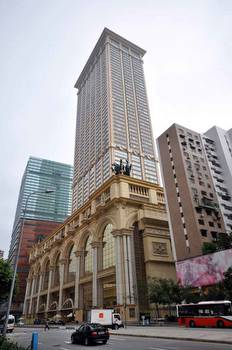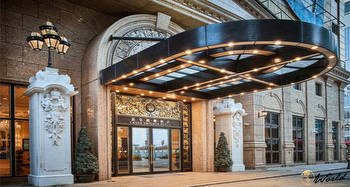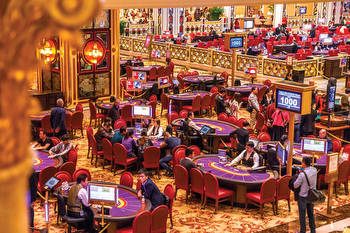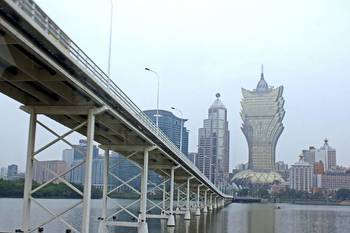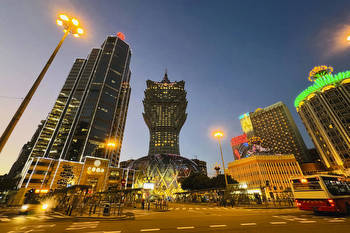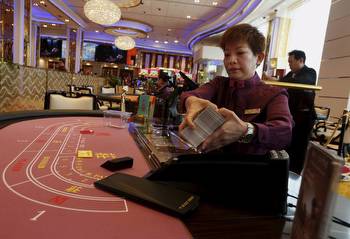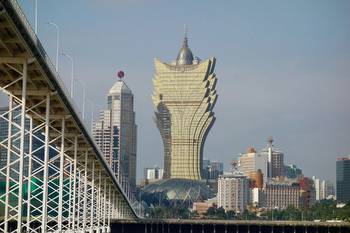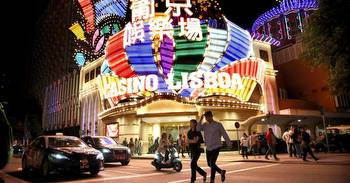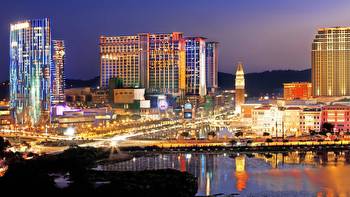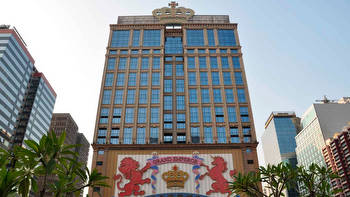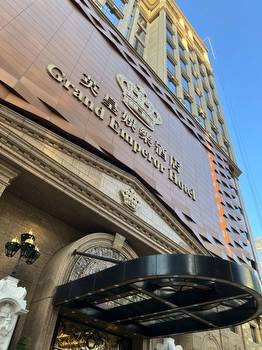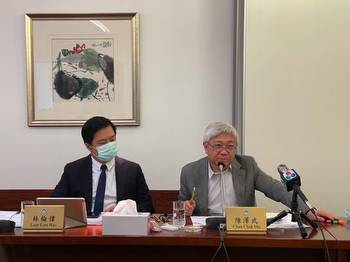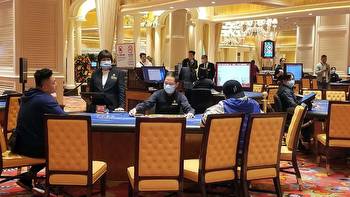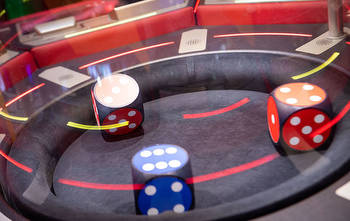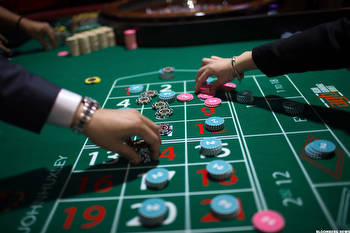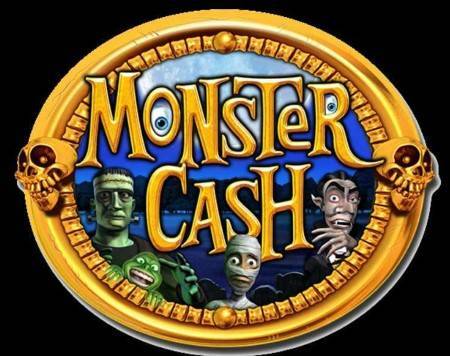Hold the wrong end of the stick

António Lobo Vilela is a lawyer based in Macau and the author of the Macau Gaming Law Book (www.macaugaminglaw.com)
Having participated in the drafting of the Macau Gaming Law (currently in force) and the concession and subconcession contracts, I was asked about the legal basis for the existence of third-party promoted casinos (also known as “satellite casinos”) and about the need for “satellite casinos” to request permission/authorization from the government to close their doors permanently.
1. Legal basis for the existence of “satellite casinos”
It would be bizarre to believe that “satellite casinos” have been operating in legal limbo for so many years (some have been in operation since STDM’s concession, and several of them are (indirectly) listed on the Hong Kong Stock Exchange). It would be grotesque if the Macau government allowed “satellite casinos” to continue to operate without consequences if they were illegal. While some people may believe this, Macau is still far from being the Wild West of gambling.
Like it or not, “satellite casinos” operate (and have operated) legally. And the Macau Gaming Law does not need to explicitly mention them because laws are, by definition, (still) general and abstract.
The Macau Gaming Law allows – as an exception – the transfer or assignment, to third parties, in any way, of the operation of casino games of chance uponprior authorization from the government. Although the provision is in the middle of Article 17, it exists (and the concession and subconcession contracts reproduce and complement the legal requirement (in Clause 74), giving contractual nature to the legal obligation and establishing penalties up to one billion patacas applicable in case of violation).
The Macau government is aware of this legal basis, as it has used it to formally and expressly authorize each of the existing “satellite casinos.”
In response to a 2008 written interpellation from legislator Lee Chong Cheng, the Macau government, through the Gaming Inspection and Coordination Bureau Director, noted that the vast majority of the ‘Service Provision and License for Occupancy and Use of Space’ (the name given to the contract governing the relationship between the casino operator and the casino promoter) “are intended to define the contractual arrangements for the occupancy and use of space by the concessionaire/ subconcessionaire to install a casino and to define and regulate the payments by said concessionaire/subconcessionaire for the services to be provided by the owner or manager of the space. These are marketing, promotion, advertising, management, and customer acquisition services. The Macau SAR government authorized these contracts on a case-by-case basis under Article 17(9) of Law No. 16/2001(…), [and the] authorization was conditional upon the gaming operator and the space owner or manager where the casino is installed meeting various requirements.”
The decision to remove from the Gaming Law the necessary exception for the transfer or assignment of the operation to a third party of the operation of casino games of chance is an example of a poor legislative technique, which may prove to be counterproductive. Best practices would advise retaining it: one thing is to provide for an exception; another is to use it.
2. Need for government approval for a “satellite casino” to close permanently
As acorollary of the objective set out by the Gaming Law “that the interests of the Macau Special Administrative Region in collecting taxes from casino operations are duly protected,” the Macau SAR is legally considered a ‘continuous gaming zone.’ This meansthat games of chance mustbe operated consecutively, continuously, and sequentially, “with casinos required to operate on every day of the year.”
Unlike previous gaming laws, the Macau government does not have the power to determine the suspension of a casino’s operation under the current law (under the 1961 Gaming Law, the suspension could only be ordered “in the event of national mourning or in others in which there is clear incapacity or justified public outrage,”and under the 1982 Gaming Law,based on“fundamentalgrounds of domesticor international order”).
Under the current Gaming Law, the decision to suspend may only be madeby the casino operatorsin ‘exceptional circumstances’and, except in urgent situations (“resultingfrom a serious accident, catastrophe or natural disaster, which may posea serious risk to the safety of people”), is subject to authorization by the Macaugovernment. Nevertheless, the government/Chief Executive can always order the suspension of any establishment or activity in the restrictive situations provided for (since 2004) in the Law for the Prevention, Control, and Treatment of Infectious Diseases (“outbreak or prevalence, or risk of an outbreak or prevalence, of an infectiousdisease”), and (since 2020) by the Law on Civil Protection (“[suspension of casino games of chance] in certain places or within facilities vulnerable to sudden incidents of a public nature”).
The Latin expression “a maiori, ad minus” is one of the most basic forms of legal argumentation. It means ‘whoever can the more, can the less’ or, if preferable, ‘what is valid for the more, must necessarily prevail for the less,’ and is used for the extensive interpretation of the law, i.e., for cases not directly contemplated in the law but that can be inferred using this reasoning.
Unlike the suspension of a casino (for one or more days), the casino’s closure is not provided for in the gaming laws and regulations as requiring government authorization. And the opposite ‘whoever can the less, can the more’ argument is not legally admissible. Furthermore, the Macau government is not a party to the ‘Service Provision and License for Occupancy and Use of Space’ contracts. And all these contracts need to (legally) provide for the lease expiration date, which is (most) probably linked to the deadline of the concessions and subconcessions (June 26, 2022).
Thus, assuming that the Macau government did not impose this as a condition, no authorization is required. However, it was a polite gesture from some “satellite casinos” to communicate their decision!
Legal interpretation is not within everyone’s reach. To muddy the waters is not advised, and barking up the wrong tree isn’t either.








